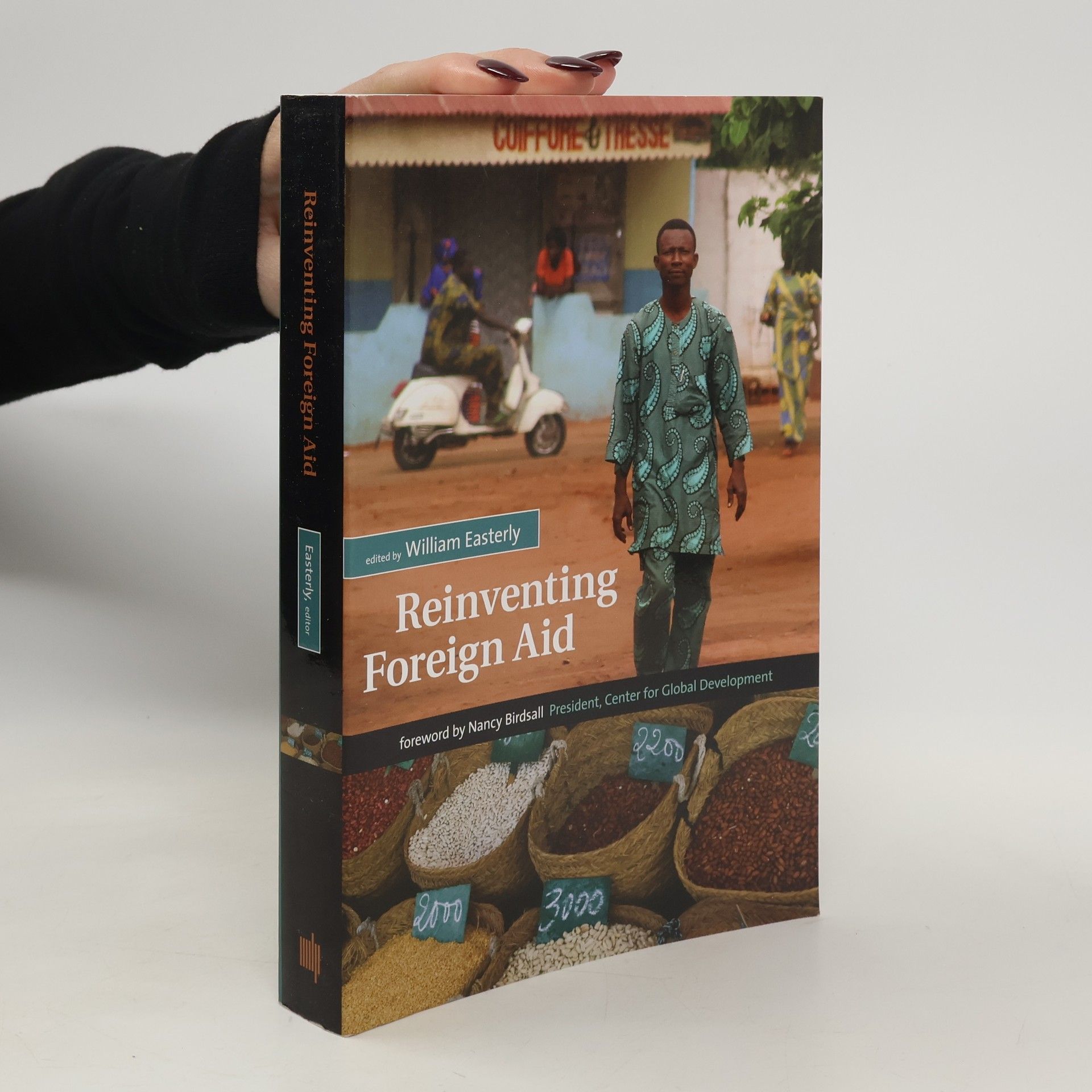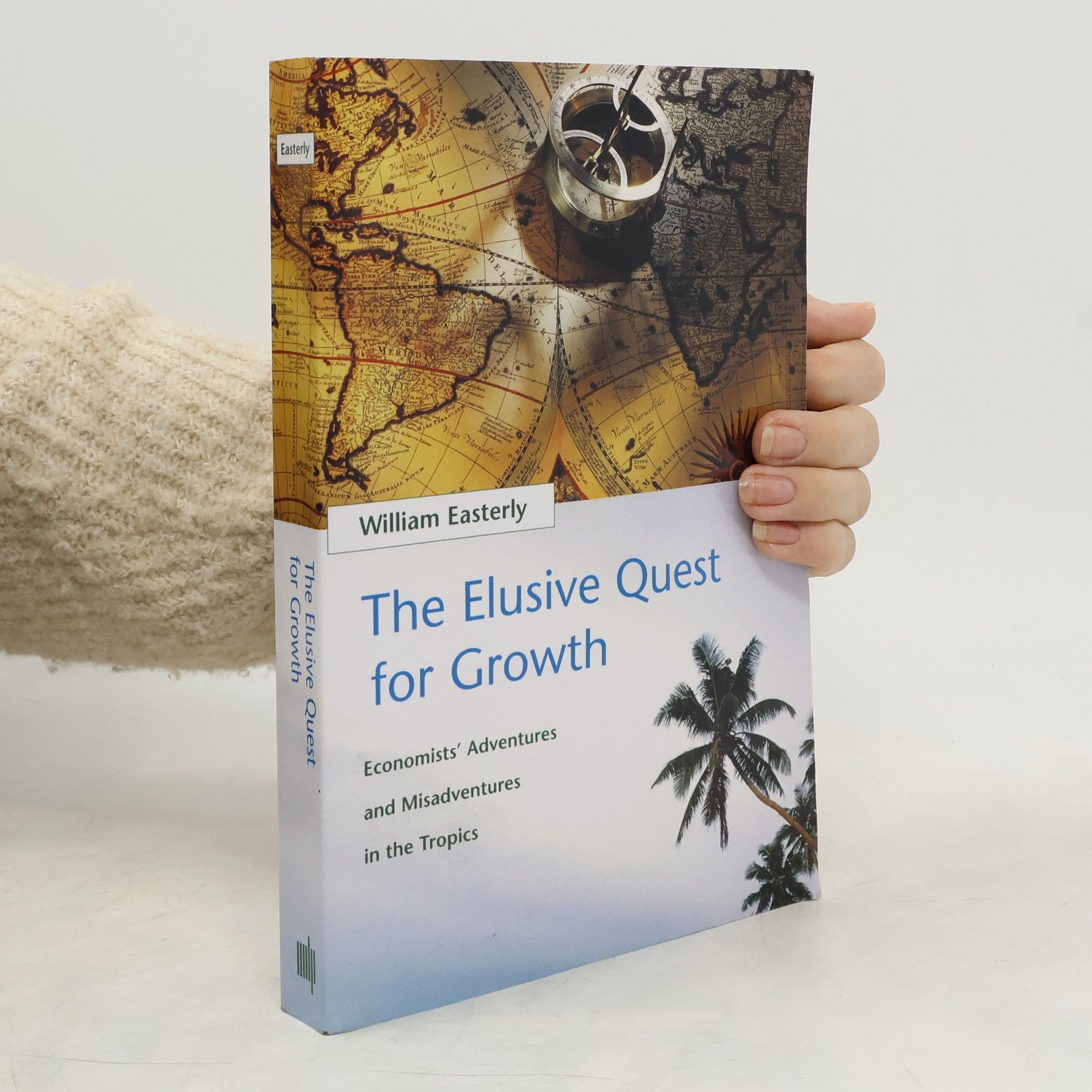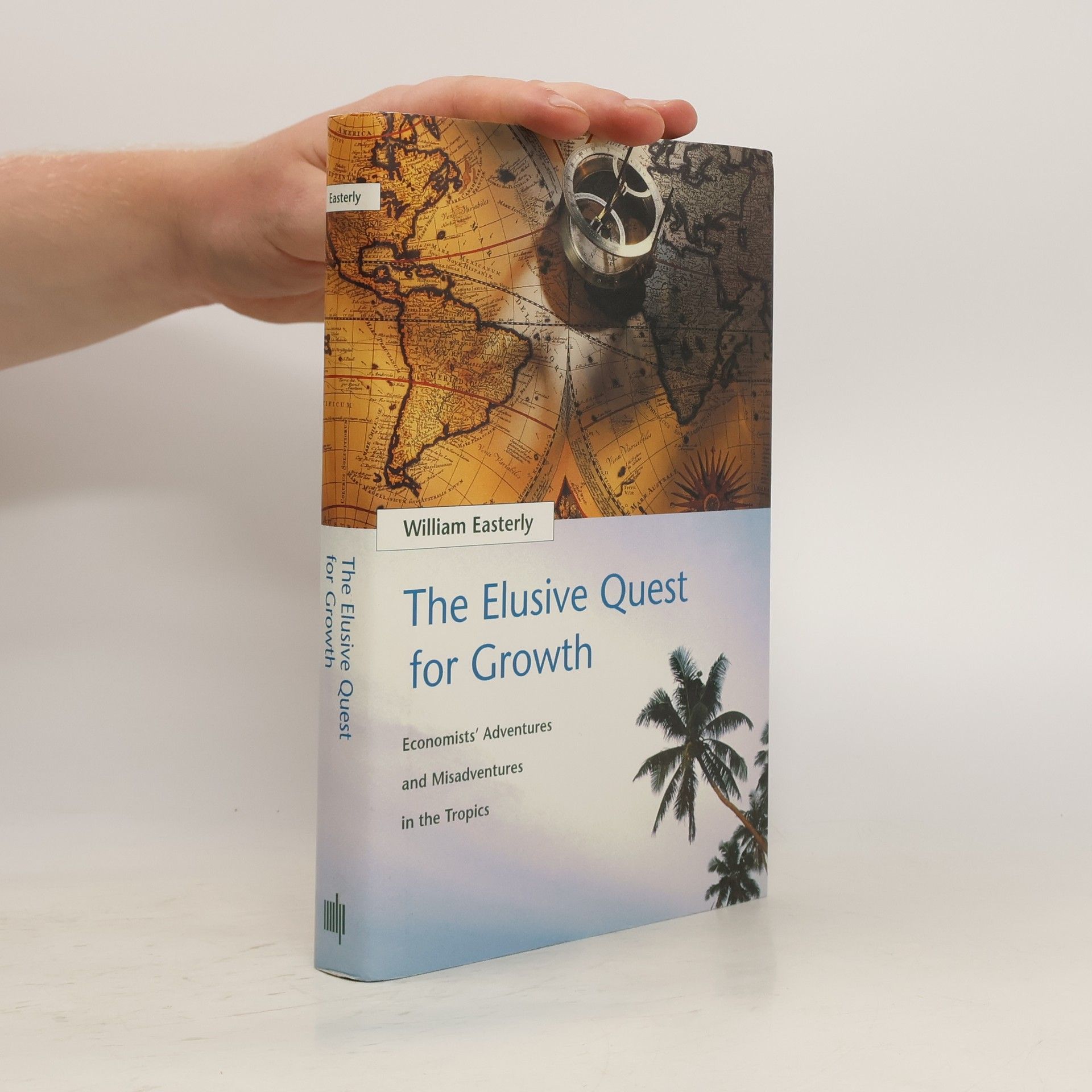Der renommierte US-Ökonom und Entwicklungsexperte William Easterly kritisiert so genannte »Planer«, die aus der Ferne utopische, aber nicht praktikable Pläne verordnen, ohne zu erkennen, was tatsächlich gebraucht wird. Stattdessen fordert er mehr Unterstützung für »Sucher«. Sie zielen auf konkrete Maßnahmen vor Ort und lenken Hilfsgelder dorthin, wo Selbsthilfe in überprüfbaren Schritten geleistet wird. Easterly zeigt anhand vieler Beispiele und Fakten: medizinische Versorgung, Bildung und Ernährung können für Millionen Menschen wirksam verbessert werden, wenn Entwicklungsgelder konsequenter wie unternehmerische Investitionen behandelt werden.
William Easterly Bücher
William Easterly ist ein Wirtschaftsprofessor, dessen Arbeit kritisch die Determinanten des langfristigen Wirtschaftswachstums, die politische Ökonomie der Entwicklung und die Wirksamkeit ausländischer Hilfe untersucht. Seine Forschung befasst sich mit den oft unbeabsichtigten Folgen westlicher Hilfsbemühungen, hinterfragt deren tatsächliche Auswirkungen und beleuchtet, warum Versuche, die Bedingungen in der Entwicklungswelt zu verbessern, ins Leere laufen können. Gestützt auf umfangreiche Erfahrungen in Entwicklungsregionen und seine Zeit bei der Weltbank bietet Easterly eine differenzierte Perspektive auf die Komplexität der globalen Entwicklung. Seine Analysen zielen darauf ab, die Realitäten hinter Entwicklungsstrategien und deren praktische Ergebnisse aufzudecken.






Since the end of World War II, economists have tried to figure out how poor countries in the tropics could attain standards of living approaching those of countries in Europe and North America. Attempted remedies have included providing foreign aid, investing in machines, fostering education, controlling population growth, and making aid loans as well as forgiving those loans on condition of institutional reforms. None of these solutions has delivered as promised. The problem is not the failure of economics, William Easterly argues, but the failure to apply economic principles to practical policy work.In this book Easterly shows how these solutions all violate the basic principle of economics, that people -- private individuals and businesses, government officials, even aid donors -- respond to incentives. Easterly first discusses the importance of growth. He then analyzes the development solutions that have failed. Finally, he suggests alternative approaches to the problem. Written in an accessible, at times irreverent, style, Easterly's book combines modern growth theory with anecdotes from his fieldwork for the World Bank.
A "bracingly iconoclastic" (New York Times) critique of global development that points a way toward respect for the poor and an end to global poverty Over the last century, global poverty has largely been viewed as a technical problem that requires the right "expert" solution. Yet all too often, experts fix immediate problems without addressing the systematic oppression that created them. In The Tyranny of Experts, renowned economist William Easterly argues that the expert-approved, authoritarian approach to development has not only made little lasting progress, but has proven a convenient rationale for generations of human rights violations. Although aid agencies, such as the World Bank and the Gates Foundation, are still regarded as both well-meaning and effective, they're founded on the mistaken belief that wise technocrats from the West will be the saviors of helpless victims from the rest. This revised edition comes at a time of even greater peril for freedom worldwide. Easterly brings in new research that carries his masterful critiques into the present. He reveals the fundamental errors inherent in the long-celebrated top-down approach and offers a new model for developing countries -- a model predicated on respect for the rights of poor people -- with the power to end global poverty.
The Elusive Quest for Growth
- 356 Seiten
- 13 Lesestunden
Why economists' attempts to help poorer countries improve their economic well- being have failed.
Reinventing foreign aid
- 624 Seiten
- 22 Lesestunden
The Tyranny of Experts
- 394 Seiten
- 14 Lesestunden
An economist describes how tactics to fight global poverty have actually resulted in suppressing the rights of the poor and argues for a new model of development in third world countries that will address unchecked state power and retain individual freedoms. 40,000 first printing.
Desde la Segunda Guerra Mundial, los economistas han buscado entender por qué los países pobres no alcanzan a los industrializados. El autor sostiene que el problema radica en no aplicar los principios económicos. Con un estilo accesible, el libro aborda la teoría del crecimiento económico desde una perspectiva práctica y comprometida.